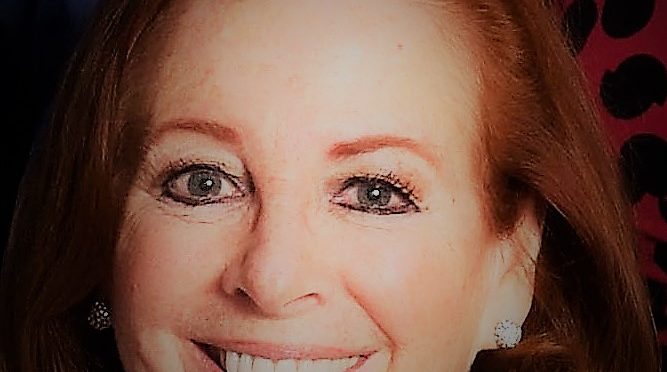
The Bottom Line by Jimmy Tucker
We have a friend who jokingly said, “We think we have to refrigerate leftovers before we can throw ‘em away.“ That’s a fairly-truthful statement for some homes — but not ours. We’re pretty good at eating leftovers down to the last bite. Once in awhile the neighbor dog gets a snack, but not very often. If he had to live on what we threw out, he’d starve.
As we start off the New Year, I highly recommend you toss out something else; and that’s your worries. Some people will even admit, “Oh, that’s just what I do — I worry.“ That’s like saying, “Oh, that’s just what I do — I hurt myself.” When you worry about tomorrow, it steals your peace and joy for today and God‘s blessings for tomorrow. How many times have you worried about something that never happened? Worry doesn’t help you, so why fall into the devil’s trap and be miserable when you can choose to trust God and be blessed?
Let’s review some scriptures to help you realize how important it is to live according to God’s Word. “I tell you not to worry about everyday life…Can all your worries add a single moment to your life? …Why do you have so little faith? So don’t worry about these things… These things dominate the thoughts of unbelievers, but your heavenly Father already knows all your needs. Seek the Kingdom of God above all else, and live righteously, and He will give you everything you need. So don’t worry about tomorrow” (Matthew 6:25,27,30-34 NLT).
It’s a sobering fact that Christians who worry are not trusting God in that situation. A believer that worries has “little faith.” Ouch! Believers should have big faith. Instead of worry, “seek the Kingdom of God above all else and live righteously.” Righteous living is to submit to Jesus as King and to live according to His ethics.
“Don’t worry about anything; instead, pray about everything. Tell God what you need, and thank Him for all He has done. Then you will experience God’s peace, which exceeds anything we can understand. His peace will guard your hearts and minds as you live in Christ Jesus” (Philippians 4:6,7 NLT).
We need to remember what God has done for us in the past and thank Him for His goodness. If God is your Father, you can be assured that He will take a father’s place and perform a father’s part.
“I cast the whole of my care [all my anxieties, all my worries, all my concerns, once and for all] on Him, for He cares for me affectionately and cares about me watchfully (1 Peter 5:7 AMP). The definition of cast is: throw (something) forcefully in a specified direction. The Bottom Line: Cast your cares and your moldy leftovers.
Pastor Jimmy Tucker
(620) 223-1483
Diamond Community Church
2591 Jayhawk Road
10:45 a.m. Worship





